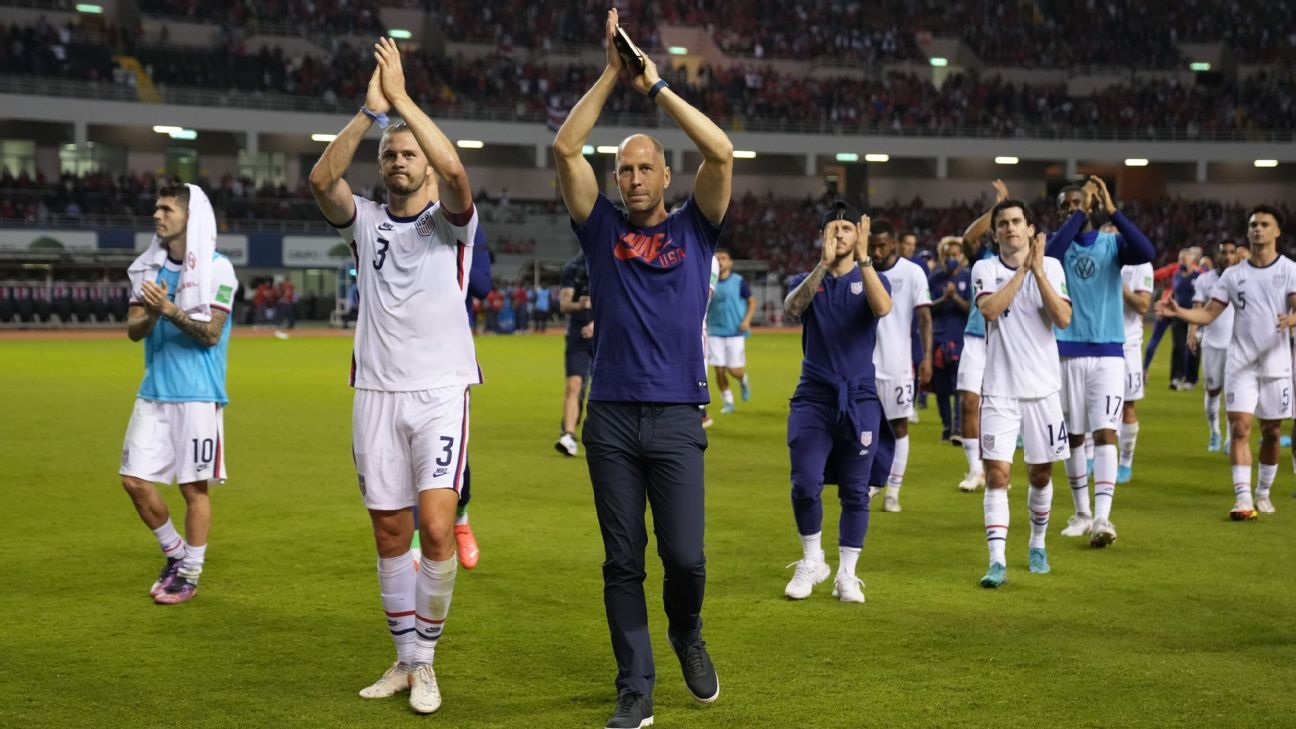
SAN JOSE, Costa Rica -- A raucous, celebratory atmosphere inside the Costa Rica National Stadium dictated the mood. Los Ticos had just finished off a 2-0 win to remain undefeated all time against the United States men's national soccer team in San Jose. There were even fireworks, despite the fact the home side failed to claim an automatic place at Qatar 2022, setting up a playoff versus New Zealand instead.
For an exhausted U.S. squad that had been looking to make history, the whole thing was disorienting. With 35,000 opposing fans so happy, it was instinctual to mirror their level of emotion in the opposite direction. But a slow walk back to the locker room and a few words from coach Gregg Berhalter returned the team to reality: It had qualified for the World Cup.
"Obviously, as competitors, we hate losing. But coming into the locker room, I think everyone just decided, 'You know what, we realized our goal,' which was to qualify," said center back Walker Zimmerman, who captained the team Wednesday night. "So, everyone forgot about tonight. We put ourselves in a position where we could afford to do that."
This accomplishment isn't something that should be taken for granted. That lesson was learned in 2017, when the team failed to qualify after falling to Trinidad and Tobago, and it has been, understandably, a constant talking point in American soccer circles in the years since.
- Social media goes wild after U.S. clinches World Cup spot
- 2022 World Cup: Draw date, time, seeds | Who's in, who's in contention?
- World Cup pots confirmed for Friday's finals draw
Despite his brilliance during that notorious qualifying process, no one still with the team has been more closely associated with missing out on the 2018 World Cup in Russia than forward Christian Pulisic. Among the lasting images of the team's loss to Trinidad and Tobago is Pulisic, then 19 years old, leaving the field in tears.
"That was one of the toughest days of my life," Pulisic said Wednesday. "I'll never forget it. Now to be in this position and qualify for the World Cup, we're all extremely proud. This is where I've always wanted to be, and right now, my emotions are crazy."
It also was clear in the immediate moments after Wednesday's game that Pulisic was frustrated with the way the team played. It took getting back into the locker room, where goggles were provided to protect the players during the champagne showers, before he placed everything into the appropriate perspective.
"I think we're allowed to be happy and proud. We qualified for World Cup," he said. "The process is not easy. We know that."
Even the players who hadn't taken part in 2017 understood how significant the stakes were. As bad as it was for U.S. to miss out on the World Cup in Russia, after participating in the previous six tournaments, it would have been cataclysmic for it to happen again.
"I think that was a really important motivator for us," Zimmerman said. "Knowing that we had a responsibility. We had a job to finish and a job to accomplish, and we did that."
Beating Panama 5-1 on Sunday made qualification somewhat anticlimactic. That victory didn't technically result in qualification, but because the U.S. only needed to lose by fewer than six goals against Costa Rica, the job was essentially done. That dynamic was why Costa Rica coach Luis Fernando Suarez saw no need to use his key players on yellow cards against the United States: He had already shifted his focus to June's intercontinental playoff against New Zealand.
Not that Suarez ended up needing them.
After winning the inaugural CONCACAF Nations League and the Gold Cup this summer, expectations for the Americans headed into qualifying were high. They earned the right, on the field, to go into the process as the de facto favorite to finish atop the standings. That didn't happen.
- Stream ESPN FC Daily on ESPN+ (U.S. only)
- Don't have ESPN? Get instant access
Canada and Mexico both finished three points ahead, while the U.S. tied for third with Costa Rica but received the third automatic World Cup berth via superior goal differential. From that standpoint, the U.S. underachieved. And its underwhelming final performance against a bunch of Costa Rican backups wasn't exactly the optimism-inspiring sendoff it would have preferred.
Measuring success by how results compare to expectations is the nature of sport. That's why Canada is one of the best stories in world soccer at the moment, while both Mexico and the U.S. have mixed reviews. Over a 14-game qualifying cycle, those three teams, plus Costa Rica, performed at similar levels.
What does 2022 World Cup spot mean for American soccer?
Herculez Gomez and Sebastian Salazar react to the United States officially clinching a spot in the 2022 FIFA World Cup.
One noteworthy difference -- and it's a talking point Berhalter has leaned on a lot throughout the cycle, including Wednesday night -- is how young the U.S. squad is. It could be the youngest team at the World Cup. "For us, it's about keeping things in perspective," Berhalter said. "And the perspective is we're the youngest U.S. team to ever qualify for the World Cup." The core of this group -- Pulisic, Tyler Adams, Weston McKennie, Gio Reyna, Sergino Dest, Yunus Musah -- are laying the foundation not only to compete in Qatar but for how the team looks over the next decade.
Pulisic doesn't want the youth component used as a limiting factor.
"I don't think it's about age," Pulisic said. "I think we have a hungry team. A hungry bunch of guys who are playing in top-level clubs across the world, and I think we can go in with confidence no matter what, no matter our age. We're gonna give it everything, and hopefully the country will get behind us, support us -- I know they will."
For as much hype as a tournament with a guarantee of just three games gets, the buildup is a massive part of the World Cup experience. The next big step comes Friday with the draw to determine which teams get sorted into which groups. Learning who the Americans will play in Qatar will likely play a role in what teams Berhalter schedules to play in friendlies between now and when the tournament starts in November.
"We'll definitely look at playing countries from other continents and get that experience of a different type of soccer," Berhalter said. "We'll play some European teams, South American teams, African and, hopefully, Asian teams and really get an understanding of what these different regions are bringing to the World Cup."


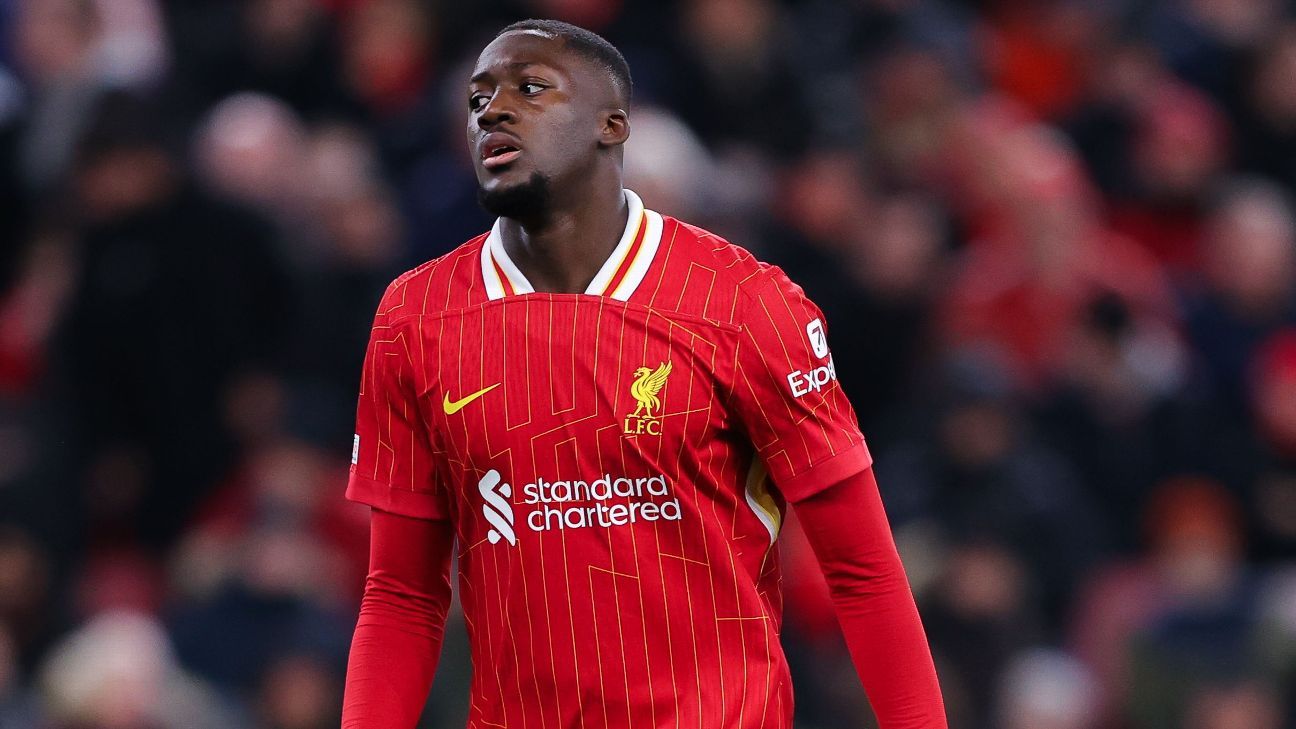
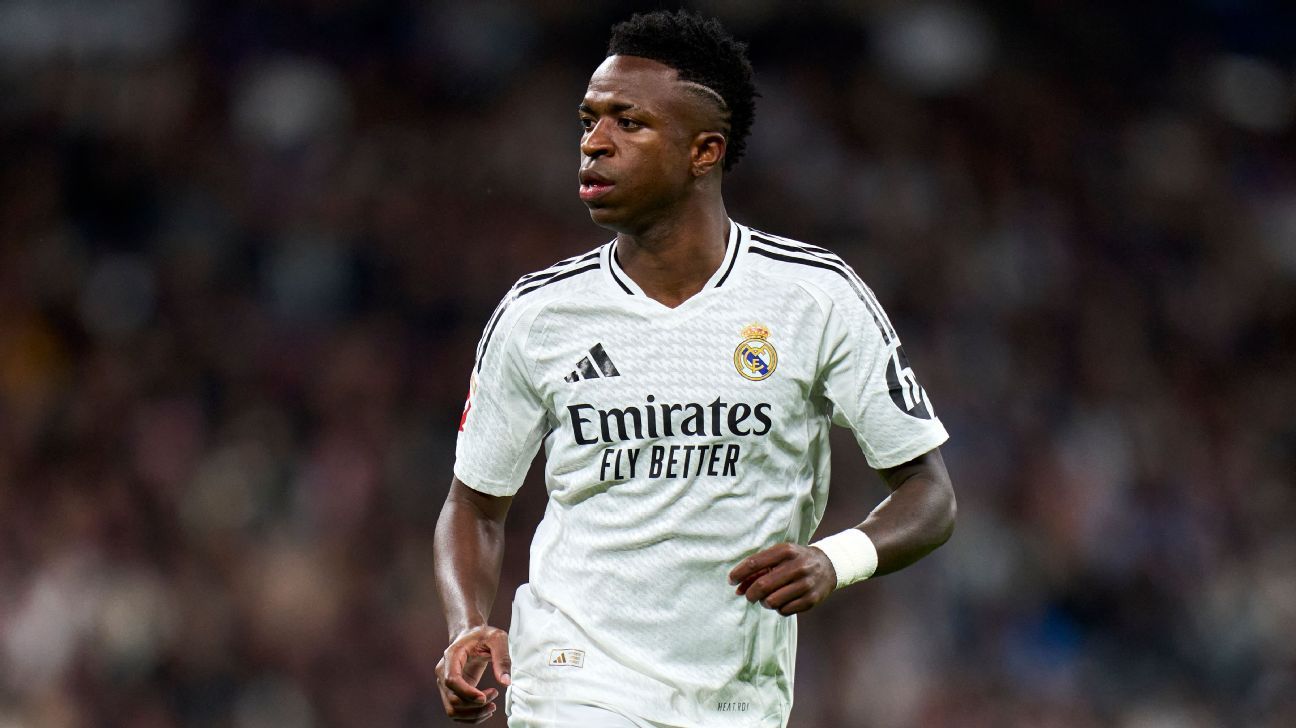







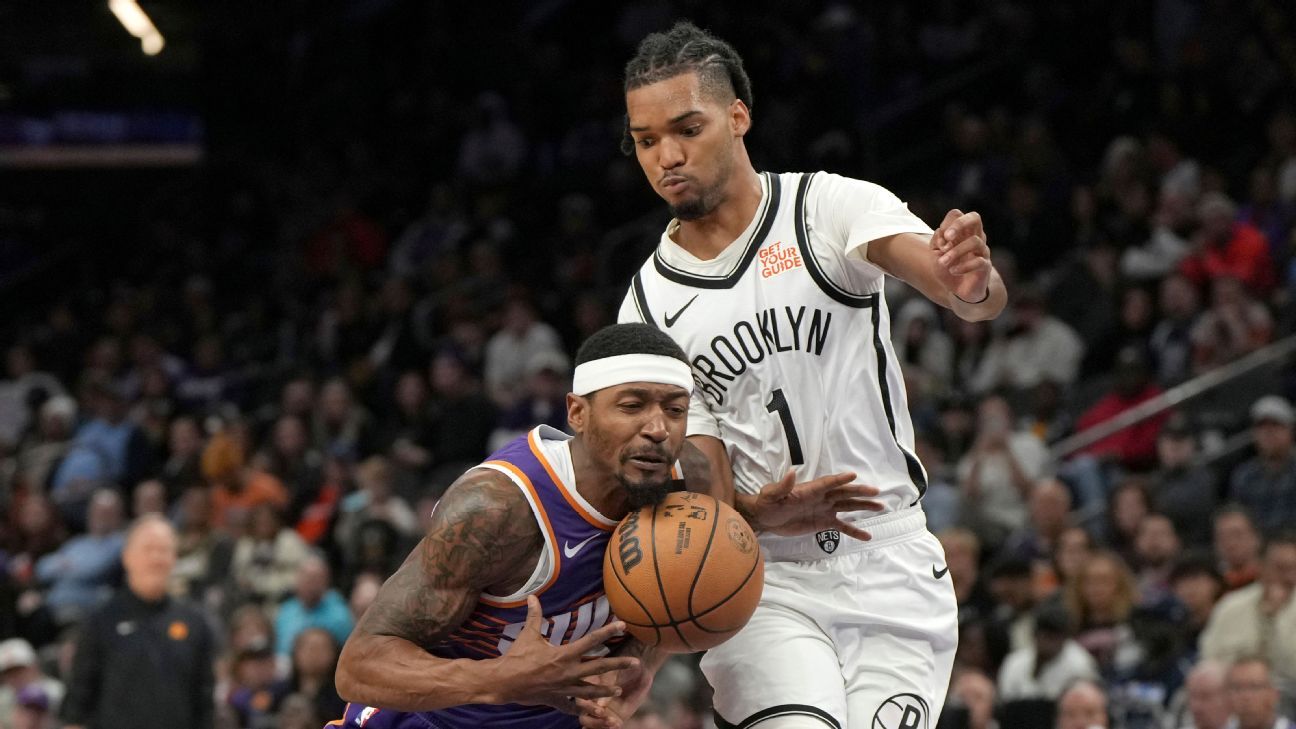
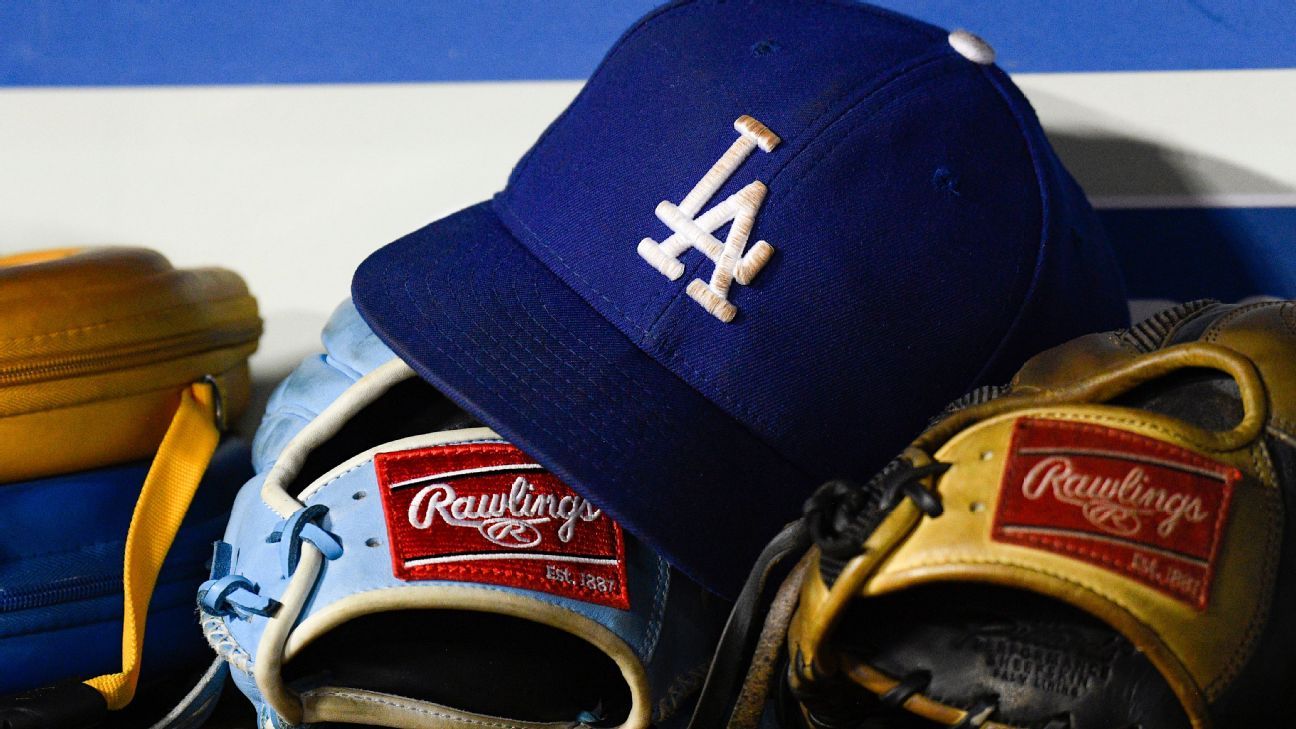
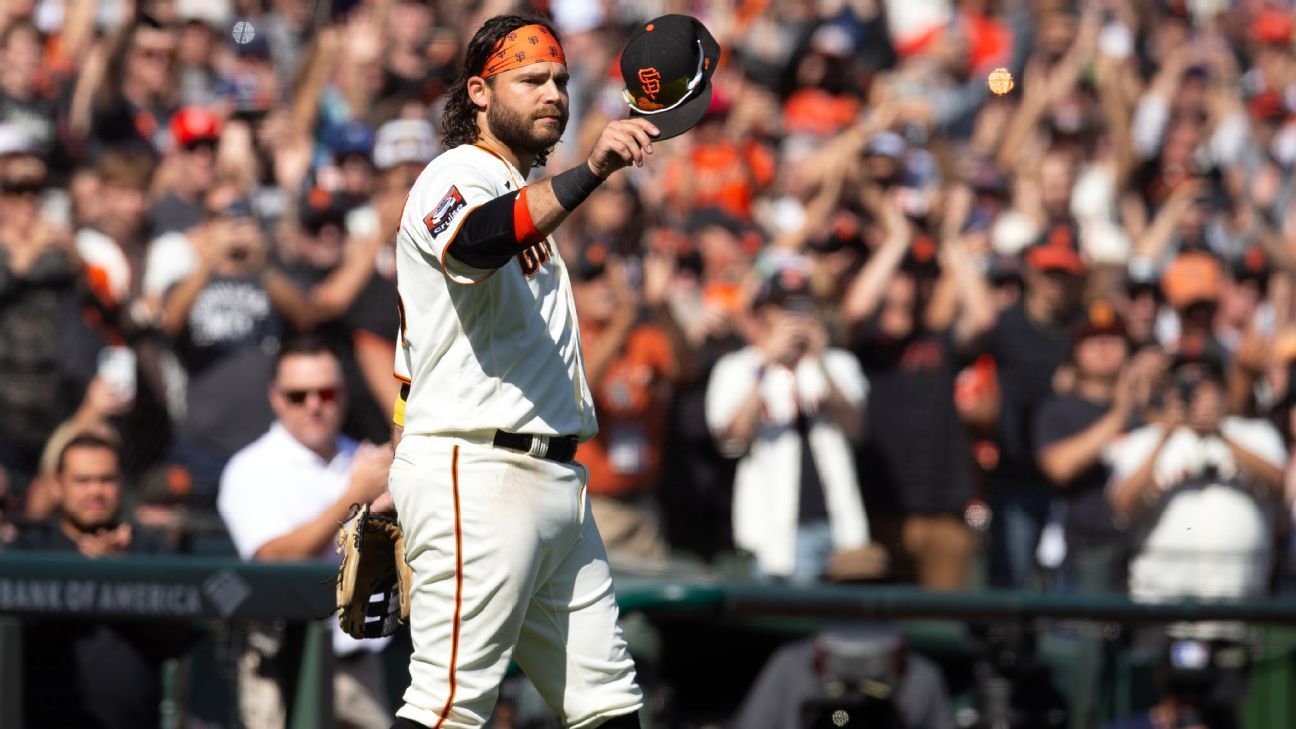

 Phone: (800) 737. 6040
Phone: (800) 737. 6040 Fax: (800) 825 5558
Fax: (800) 825 5558 Website:
Website:  Email:
Email: 






